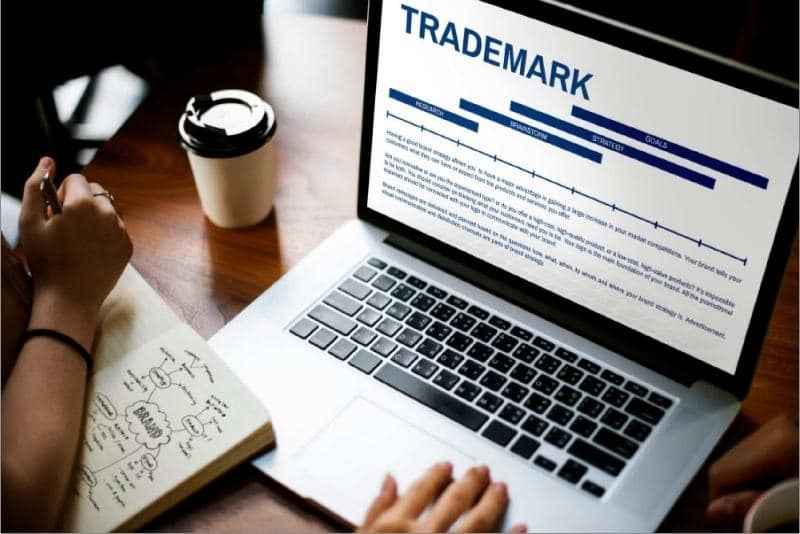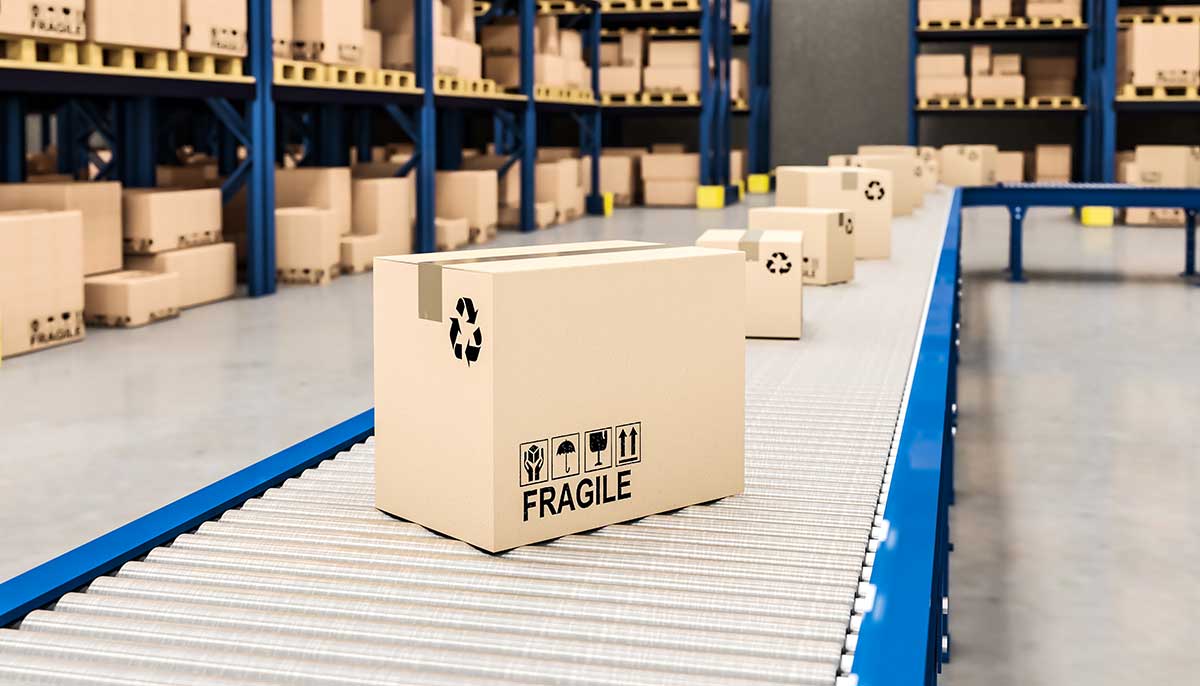Retail stockists are the stores that sell your products to the public, and as such, they’re one of the most critical parts of any brand or company’s wholesale business model. Choosing the ideal retail stockists can make all the difference between high profits and low sales – it could even mean the difference between success and failure for your product or brand! But how do you choose? And how do you find a suitable retail stockist in the first place? Here are ten questions to ask yourself before selecting a retail stockist.
1. How do they advertise?
Retailers won’t typically tell you how much they spend on advertising, but it can provide valuable insights into how effectively they target potential customers. What kind of advertising do they use? What demographics do their advertisements reach? These are all questions you should know before committing your products or brand to one retailer or another.
At a minimum, make sure you know how often they advertise and where their advertisements appear. This will give you an idea of what type of audience they’re reaching with each ad campaign and help ensure that you’ll get results from placing your products with them.

2. Do they have similar brand image and values as you do?
The most important thing when it comes to choosing your retail stockists is that you feel comfortable The most important thing about choosing your retail stockists is that you feel comfortable with their ethos. If they are not going to represent your brand appropriately, then no matter how good of a value for money you give them, it won’t be worth it.
The retailer you choose needs to act like an extension of your company – for them to do that, there needs to be some kind of kinship between you and the retailer. A good way to find out if they have similar values as you is by asking questions about their business practices; what percentage of profits do they donate? What type of materials do they use? What other brands do they already stock or have partnered with? Do they have any plans for expansion?
All these things will help you get a better idea about whether or not your values align.
3. Do they have experience with your product or product similar to yours?
If they do, it’s likely that they have some experience selling similar products and they might know how best to promote yours. If they don’t, then you should be prepared that there is a possibility that your product may not as well as you might expect. Regardless, you will need to provide substantial assists in terms of product knowledge , marketing support, etc. if you want them to succeed.
It’s also worth noting that if they have no experience with your type of product or industry, but are willing to take on a trial run with you and see what happens, that could be a good sign too (although there is always risk involved). But then again, there is with everything in life.
4. Do they have the same target audience?
Make sure you know who your retail stockist’s customer is. Just because they have lots of customers doesn’t mean they have the same ones as you. Different demographics and spending power will influence what kind of products are in stock on their shelves, so make sure that there isn’t a big gap between your target audience and theirs.
Consider factors like location, gender, age-range, income bracket and lifestyle before choosing which retailers to approach. Once you know all these things about them, it should be easier for you to decide whether or not they would be a good fit for your brand.

5. Will you be able to supply inventory when needed?
You must be able to supply your retailer with inventory as needed by the stockist. There should be an agreed-upon timeline for orders and backup plans in case something goes wrong.
If you run out of stock or cannot supply required quantities, will this be an issue and what are the processes in place when this arises? Will you be kept up-to-date on sales?
If you have no idea how much product is being sold through your chosen retail stockist, then how can you know if it’s working? They should keep you informed about which products are selling best so that way you can adjust accordingly and ensure continued success.
Communication is key! A lot of communication!
6. What is their policy on returns, exchanges, damaged goods, etc.?
One other important point worth mentioning is the return policy.
You need to be made aware of how returns and exchanges work and how your products will be handled by the retailer if there are any issues. Keep in mind that certain retailers may not even be equipped for certain types of goods, so some research can help steer you clear of potential missteps.
It’s worth noting that this question applies to you as well. What are your returns policy, exchanges, etc.? Make this clear to the potential retail stockists so that you are both on the same page. For example, if the retailer accepts faulty returns from their customer – will the retailer be able to return the item to you as you are the supplier?
No one wants to be out of pocket, so these points must be discussed and agreed upon.
7. Do they offer other services?
Aside from retailing your products, will they be able to offer any additional support? For example, if you are an independent designer seeking retail stockists for your clothing line, will they have experience working with designers and taking on small brands?
Will they help promote your products in-store and on social media? Or perhaps you might need help with online marketing but don’t necessarily require in-store promotions. Other services could include payment method. What form of payment does the retailer accept e.g. BNPL (Buy Now Pay Later), cash, card, etc.
Think about what else you might need from them once your collection has launched. Can they offer these services, or do you need to find another stockist who can provide them? If so, make sure to add the criteria to your search.
You will unlikely find one retailer who ticks all of your boxes. That’s why it’s essential to plan out precisely what services you need from each stockist.
You can then start your search by filtering for retailers who offer these specific services and have experience working with independent designers.
8. Are their customer service and communication skills good enough?
The last thing you want is for your stockists to be unresponsive or difficult to work with. It’s important for them to understand your product, as well as what your brand values are and what you stand for. The last thing you want is for your stockists to be unresponsive or difficult to work with.
It’s important that retailers understand your product, your brand values, and what you stand for.
Remember, they are a representation of your brand, so if they can’t get back to you timely, then it’s possible that they may be treating their customers with equal service, or should we say lack thereof. Customer service is crucial to gaining and maintaining repeat customers.
If you’re looking at potential retail stockists, make sure they have strong customer service skills and will take care of any issues quickly. Also, make sure they have good communication skills to keep things moving smoothly.
9. Do they have policies regarding customer complaints and negative reviews?
How well do they treat customers? Even if you’re not selling directly to consumers, it’s still imperative that your retail stockists interact with their customers in a professional and friendly manner. Keep an eye out for any red flags here. If they can’t handle complaints or negative reviews from customers, what will happen when you have some issues? Are they easy to work with?: This is one of those questions that might
How well do they treat customers? Even if you’re not selling directly to consumers, it’s still imperative that your retail stockists interact with their customers professionally and professionally. Keep an eye out for any red flags here. If they can’t handle customer complaints or negative reviews, what will happen when you have some issues?
Are they easy to work with?: This is one of those questions that might seem basic, but it’s actually very important. Make sure you get along with your retail stockist before signing on
10. Can you trust them with your intellectual property (brand name, trademarks, designs)?
Be wary of sharing sensitive details with potential retail stockists until you’re confident they can be trusted. Signing any form that gives a retailer access to your intellectual property is risky.
If you start with an NDA (nondisclosure agreement), it’s better than nothing, but it won’t provide enough protection if someone takes your ideas or products and tries to sell them as their own. You may need formal contracts drawn up by an attorney instead.

Conclusion
Choosing a retail stockist can be an exciting but daunting process. Identifying your brand’s needs is the first step. Asking questions and doing your own research on your ideal retail stockist will prevent disappointments down the track. Keep in mind that no one is perfect, and be realistic with your search.
It would be wonderful if every retailer had the same values and brand image as you do, and for them to order from you like clockwork, but that’s not realistic. There are external factors to consider which can impact sales and results. If your retail stockist doesn’t have what you need or want, it’s time to look for another one.
If they don’t have what you need or want now, chances are they won’t in 6 months’ time either. This is why choosing a suitable retail stockist is so important and can significantly impact the success of your wholesale business or brand.





